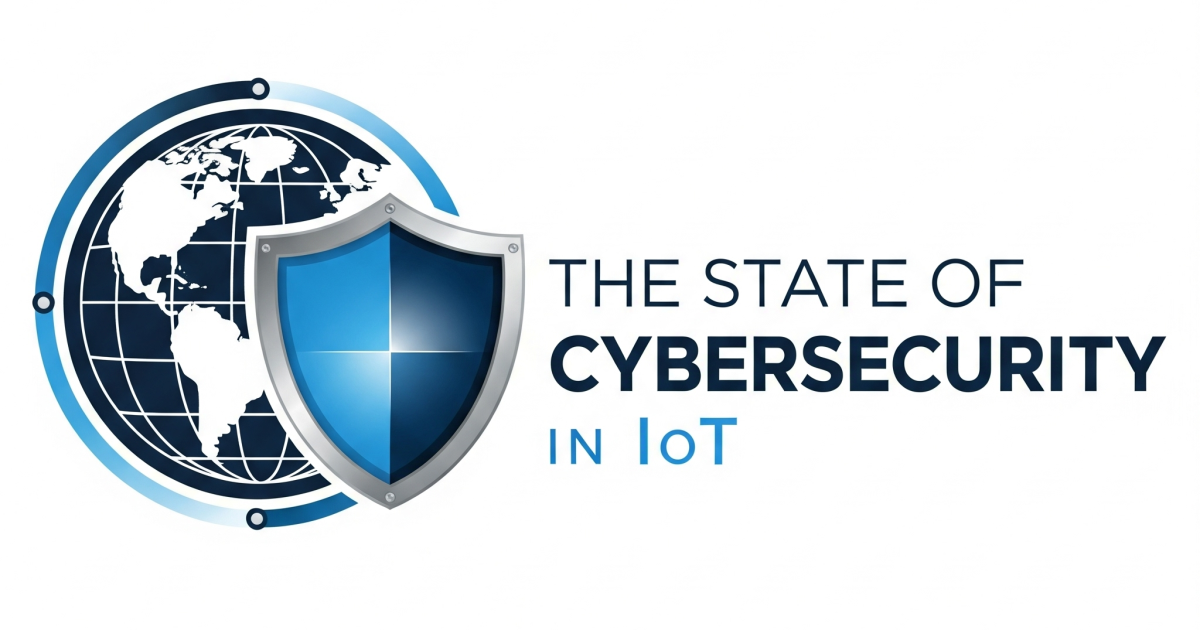
With just over 50 percent of the Latin American population connected to the Internet, the IoT industry is ready to take off. The Internet of Things (IoT) is the network of physical devices that allows these objects to communicate data with each other. For example, if a refrigerator could send a text when it senses you are running low on milk, that communication would be happening through the Internet of Things. According to a report by the Evans Corporation this year, Latin American developers are particularly keen on developing IoT technology; 60 percent of developers are planning IoT projects and 22 percent are already executing on them.
In September 2017, São Paulo hosted the second ever Latin American trade show focused on the Internet of Things to educate the public about the importance of IoT for development in Latin America. Brazil is among a few countries, along with Argentina, Chile, and Mexico, which are beginning to adopt IoT more widely. A 2014 study by Forrester Consulting found that 90 percent of Latin American businesses surveyed were willing and ready to implement IoT solutions, compared to 80 percent worldwide. This openness has driven Latin America’s IoT market to grow quickly, predicted by Micromarket Monitor to increase from $14.2 billion in 2013 to $44.4 billion by 2019.
Currently, Latin Americans have only two connected devices on average, compared to 11.5 connected devices for North Americans. Nonetheless, Latin American companies are investing in IoT. Tata Consultancy found that businesses across Latin America have invested $54.7M in IoT development and that 45 percent of companies already track consumers through their mobile devices and use IoT for delivery solutions. In 2016, one of the world’s biggest distributors of Low Power Wide Area Networks (LPWAN), Sigfox, announced that it was expanding services to Mexico and Latin America. Through its partnership with IoTNet Mexico and other local IoT providers, Sigfox will reach 53 percent of Latin America’s territory and 56 percent of its population. Sigfox’s LPWANs are a part of the industry standard for IoT connections, and they allow companies to use the IoT network much more cheaply than a 4G network would.
Now that the IoT industry is taking off in Latin America, dozens of startups have entered the space to invent creative solutions using IoT technology.
Here are some of the most innovative IoT initiatives in Latin America right now.
Machina: Founded in 2011 in Mexico by siblings, Machina and has since received funding from Wayra Mexico for its innovative wearable technology. Machina’s flagship product is their MIDI jacket that can produce music from kinesics or body movement. Machina is currently getting patents approved to be able to monitor the bodies of hospital patients and high-performance athletes through their clothing. The company has since expanded globally to Barcelona, New York, Tokyo, and San Francisco.
SensorBox: A Brazilian IoT startup that uses cloud-based technology to monitor, predict, and report problems with the power grid to save corporations from losses due to power outages. The company has received funding from Startup Brazil to continue developing its unique technologies, including solar panels that predict and sense natural disasters.
BABYBE: A Chilean startup that builds devices that allow mothers to stay in contact with their premature babies even when they are in incubators. The device connects to the mother’s heartbeat and voice to transmit those feelings to the baby through an implant in the mattress in the incubator. The system was clinically tested in Chile in 2015 and is now used in hospitals across the country.
Finally, telecommunications company Ericsson is using IoT services to improve emergency response systems in São José dos Campos, Brazil. Since they implemented their system in 2012, the crime rate dropped by 20 percent, and over 60 percent of homicide cases ended in trials, compared to 8 percent in the rest of Brazil.
The Internet of Things industry presents an enormous opportunity for Latin America as the region becomes increasingly interconnected. With a predicted 100 million connected devices by 2022 and plenty of developers eager to explore the field, Latin America may find itself at the forefront of IoT within the decade.
About the author: Maria Paz Gillet is the CEO and Co-Founder of connected car platform, Jooycar. María is an entrepreneur with a strong digital background and innovation vision capabilities and over 16 years of experience working in digital and mobile. She believes that the rise of IoT and data is changing business relationships and will change products as we know it, transforming them into personalized and connected services. Follow her @mariapazgillet.
Edited by
Ken Briodagh





